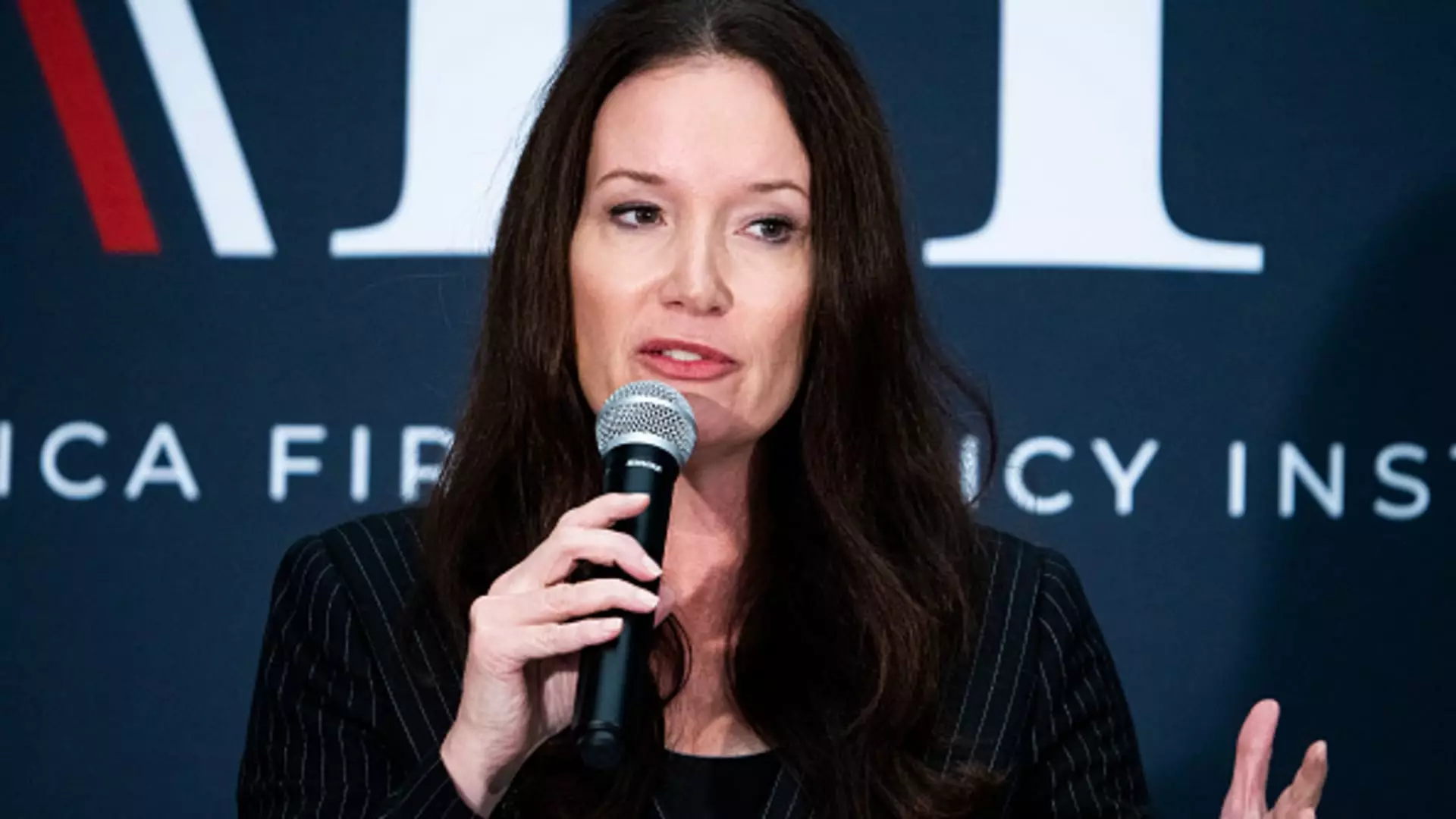The appointment of Brooke Rollins as the U.S. Secretary of Agriculture marks a pivotal moment in the governance of American farming and rural development. Rollins, who is currently the president of the America First Policy Institute, brings a wealth of experience in policy-making and a vocal commitment to advocating for American farmers. President-elect Donald Trump emphasized Rollins’ dedication to the agricultural sector, framing her leadership as essential to preserving the livelihoods of farmers across the nation.
The Department of Agriculture, which Rollins is poised to lead, is a colossal entity with approximately 100,000 employees engaged in various functions, spanning from food safety inspections to trade negotiations. The overarching responsibility of this agency is profound, directly impacting not just farmers but also consumers, rural communities, and the broader economy. With a budget of $437.2 billion allocated for 2024, the decisions made within this department will resonate through the American food system and economy.
Assuming her role in the Department of Agriculture, Rollins will face an array of challenges that will require adept navigation of both domestic and international landscapes. One of her immediate responsibilities will be to advise on agricultural policies aimed at fortifying American food self-sufficiency. This objective becomes paramount in light of ongoing debates around clean fuel tax credits for biofuels, as the agricultural sector aims to innovate through sustainable practices.
Moreover, with the renegotiation of the United States-Mexico-Canada Agreement (USMCA) looming, Rollins’ strategic influence will be critical. Tensions regarding Mexico’s restrictive measures on genetically modified corn and Canada’s strict dairy quotas present hurdles that need careful negotiation. These discussions will test her abilities in diplomacy and policy enforcement, with repercussions that could alter trade dynamics and economic stability for farmers.
Trump’s vision for Rollins includes a focus on revitalizing small towns dependent on agriculture. The approach echoes a broader “America First” policy philosophy that aims to reinforce local economies and ensure that agricultural policies benefit domestic producers over foreign interests. Rollins’ history of working alongside Trump’s administration positions her as a pragmatic choice to implement these principles into actionable strategies.
Her appointment could also signal a shift in priorities within the department. Encouraging rural development, enhancing broadband access, and addressing climate-related challenges—such as wildfires and agricultural sustainability—will need innovative solutions. Rollins’ capacity to lead in these areas could potentially reshape rural America.
The ultimate impact of Rollins’ tenure will hinge not only on her policies but also on her ability to unify various stakeholders across a diverse agricultural landscape. Producers, consumers, and advocacy groups will all have vested interests in the outcomes of her initiatives. The intersection of such policies with American wallets and diets highlights the importance of transparency and community engagement in decision-making processes.
Brooke Rollins’ appointment as Secretary of Agriculture marks the beginning of a critical chapter in American agricultural policy. Her leadership could herald a renewed focus on supporting farmers, advancing rural interests, and crafting an agriculture policy that is both sustainable and forward-thinking. As she takes on this pivotal role, the agricultural community and the wider public will undoubtedly watch closely, assessing how effectively she can navigate the complexities of this essential sector.


Leave a Reply